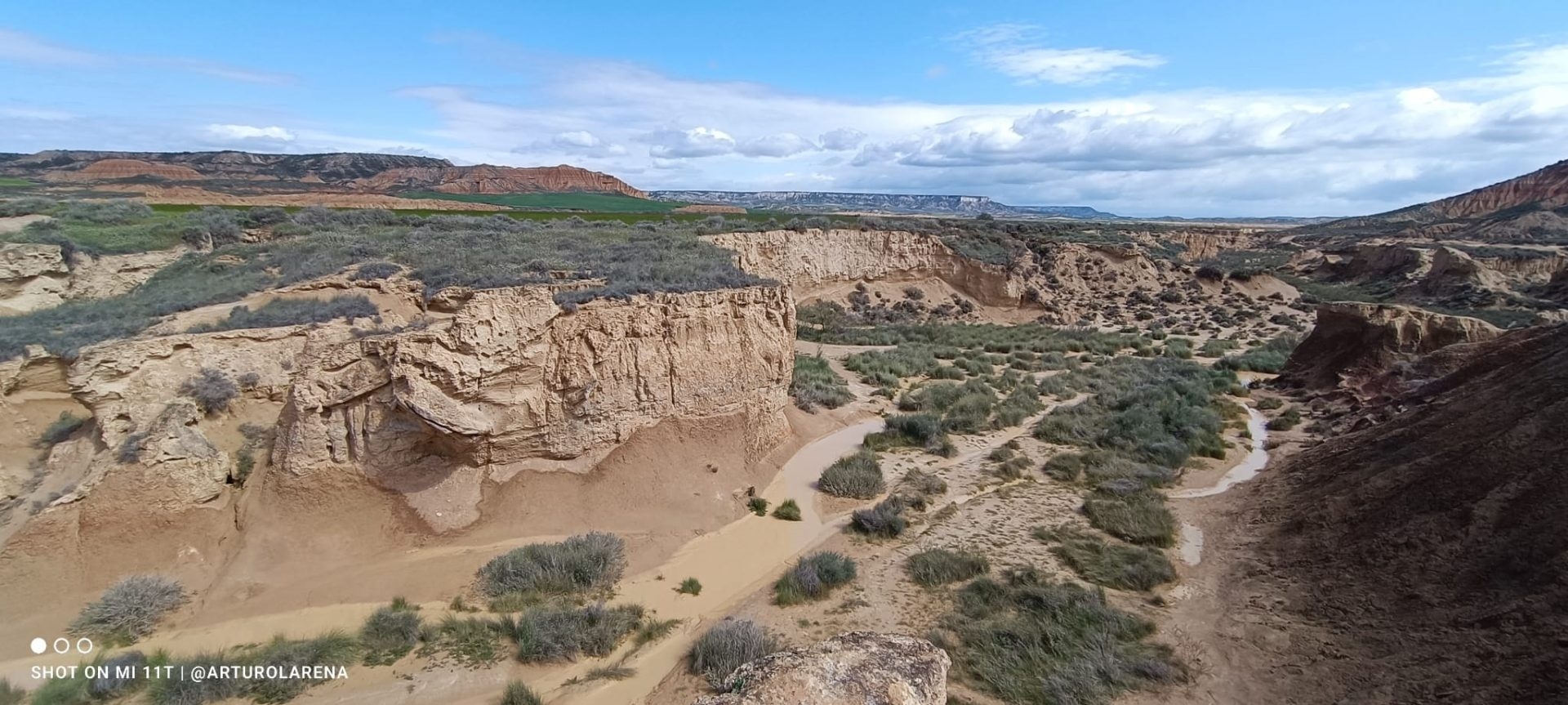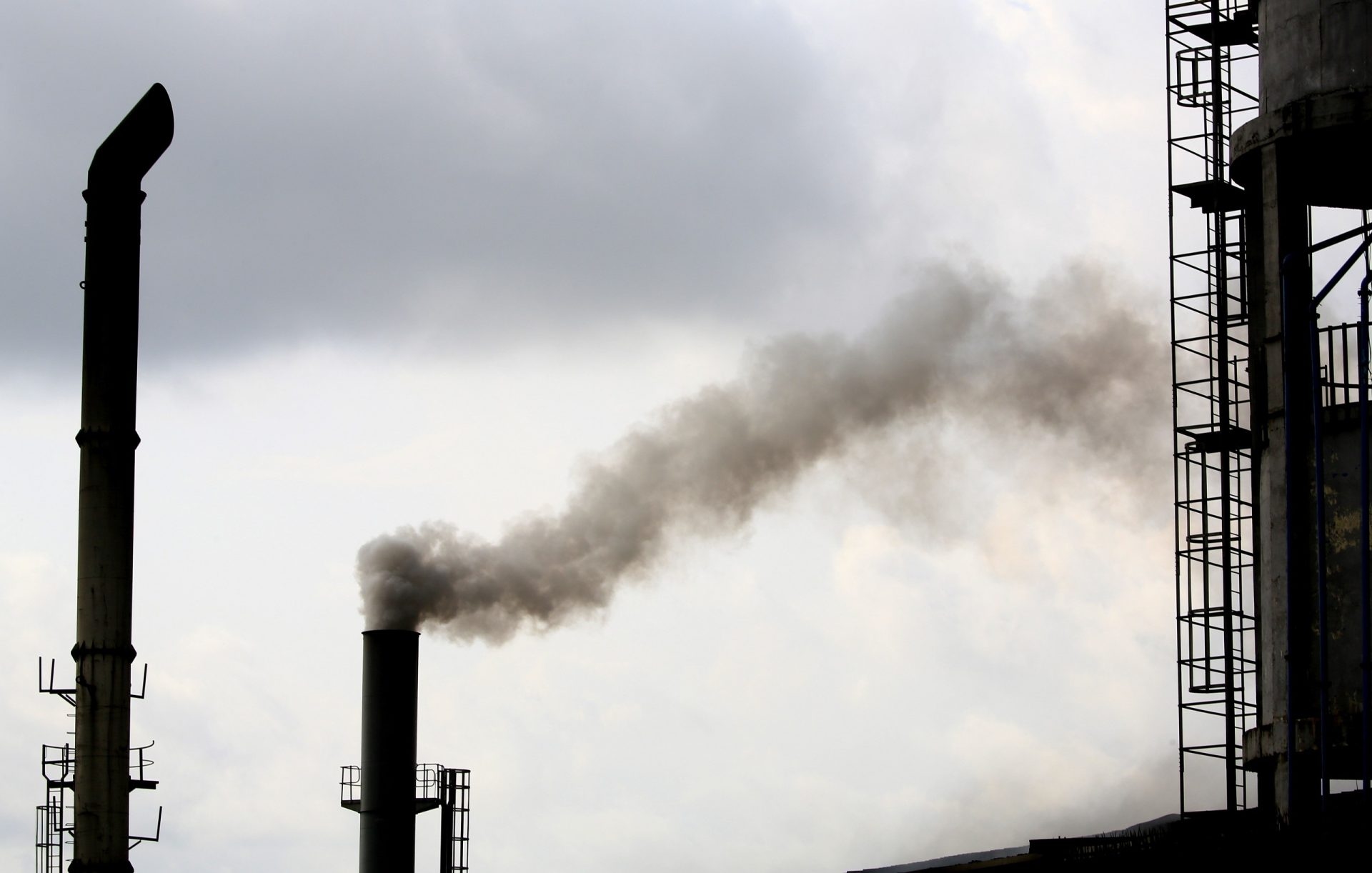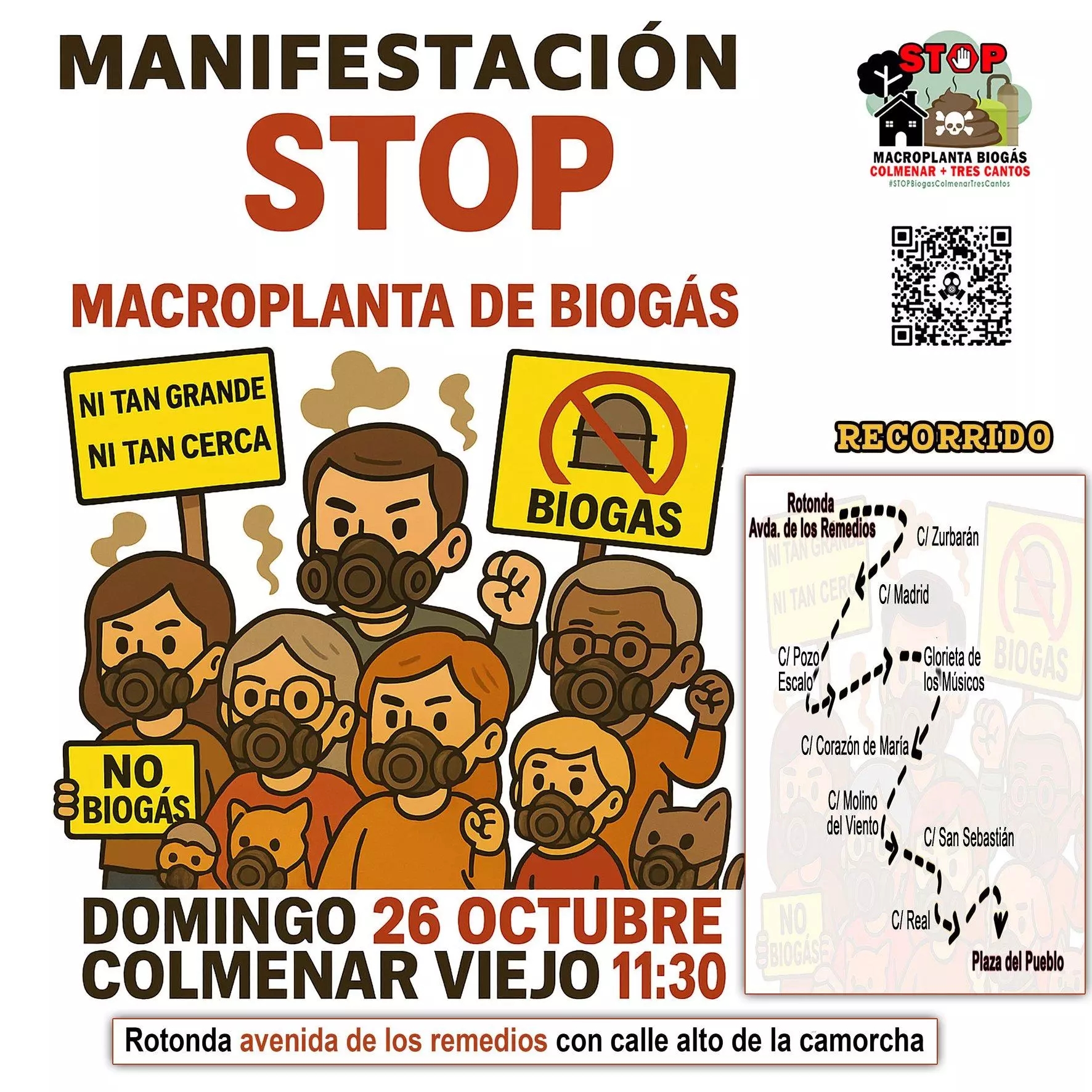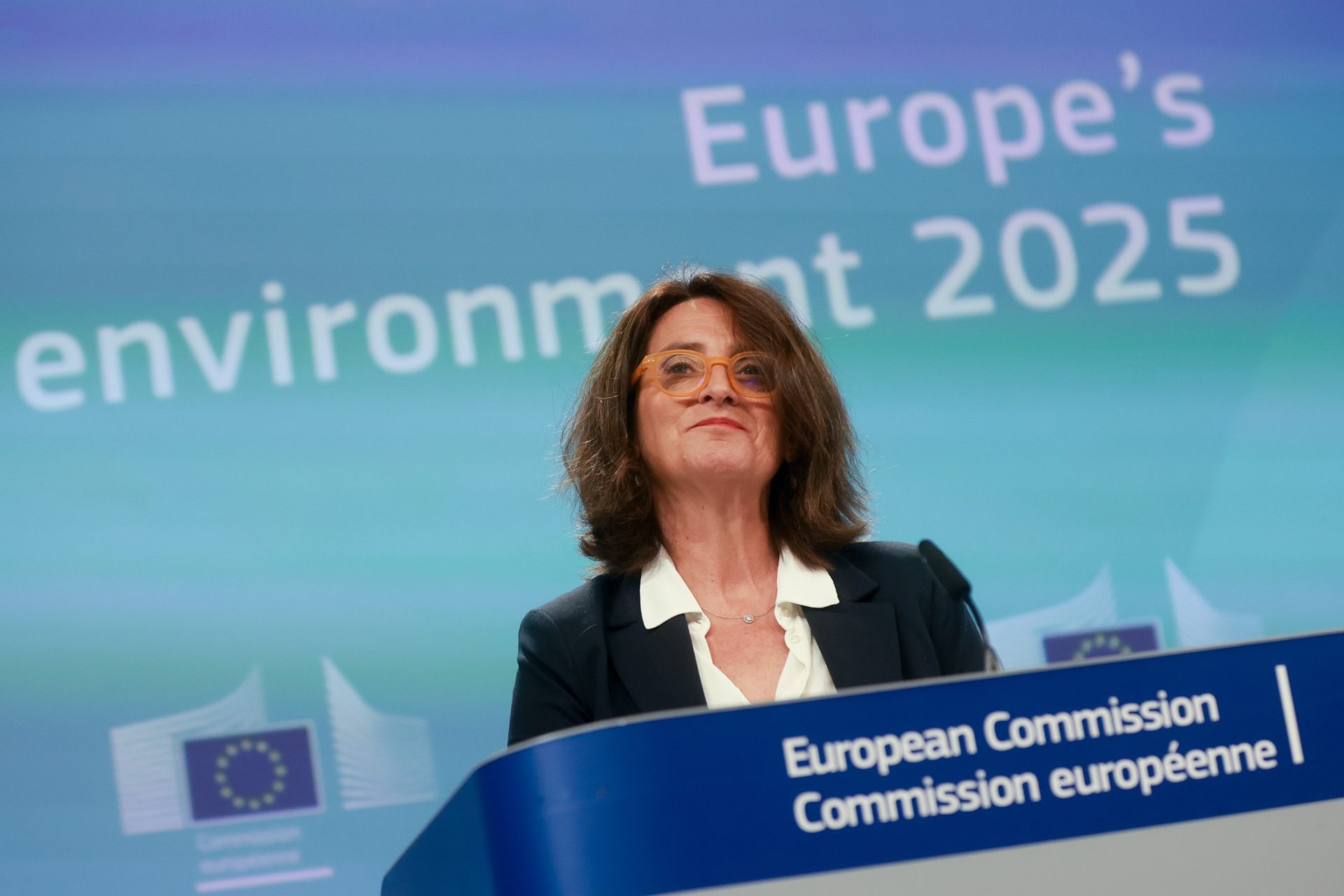The European Parliament gives the green light to the first common framework to protect European soils.
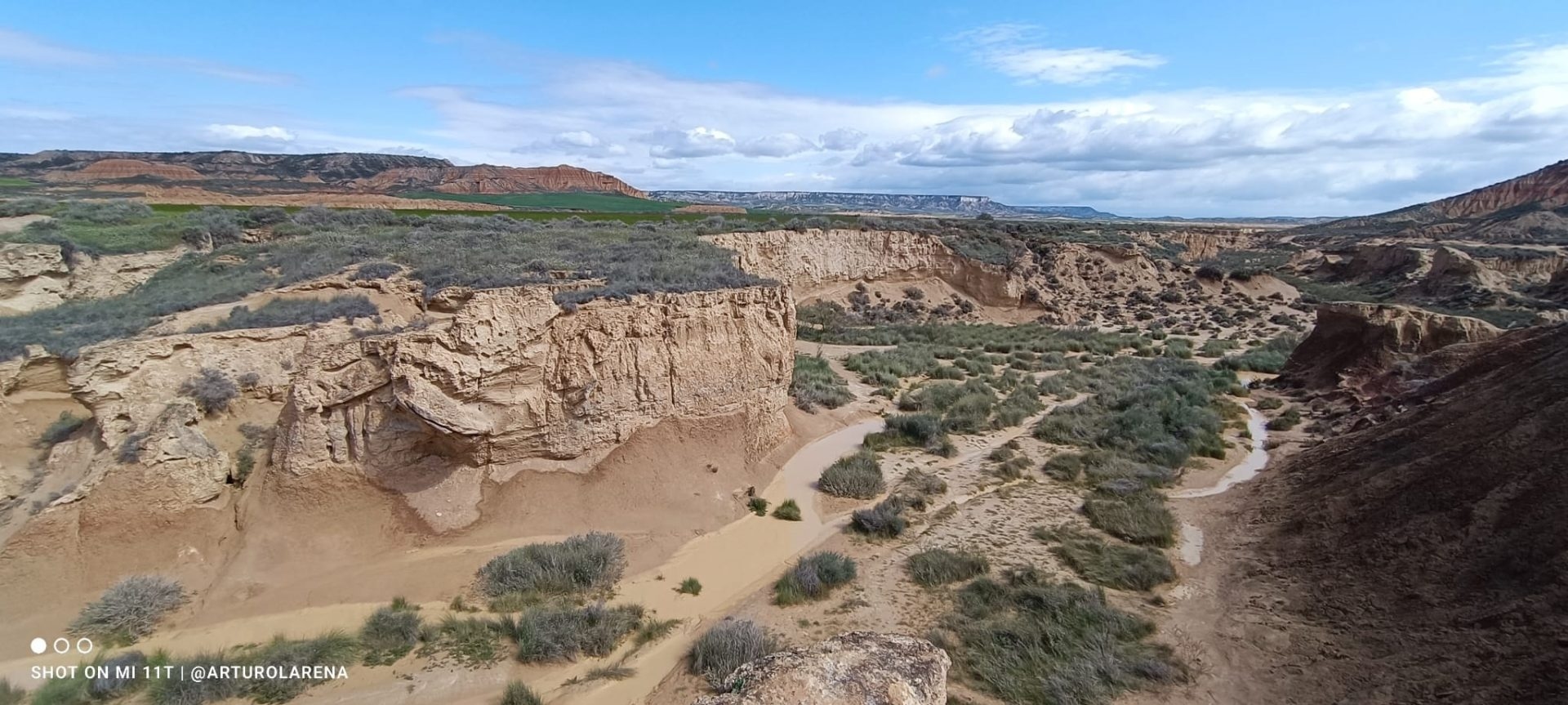
Brussels/Madrid, Oct 24 (EFEverde).- The EU Soil Monitoring Law, approved by the European Parliament, will mark a turning point in environmental protection on the continent, as it is the first European legislation dedicated to ensuring healthy soils by 2050, a key objective for food security, climate change mitigation, and ecosystem conservation.
A common framework for soil healthThe new regulation will require Member States to systematically monitor the health of their soils, collect data, and establish strategies to improve their resilience. According to European Commission estimates, between 60% and 70% of the continent's soils are currently degraded, threatening agricultural production, water quality, and the capacity to sequester carbon.
The law does not impose direct sanctions on farmers or new legal obligations regarding land use, but it does require Member States to actively support landowners and managers through training, technical advice, and incentives to adopt regenerative agricultural practices.
A decisive step towards 2050The goal of the Soil Monitoring Act is to ensure that all European soils are in good condition by mid-century. The text, which will enter into force 20 days after its publication in the Official Journal of the EU—presumably at the end of November 2025—must be transposed into national legislation within 24 to 36 months.
This initiative is part of the European Green Deal and the Zero Pollution Action Plan, key pillars for achieving climate neutrality and restoring nature in the next decade.
Save Soil celebrates European progressThe Save Soil organization, supported by UNEP, FAO, and IUCN, participated in the public consultations for the legislative process and hailed the approval as "a vital step toward safeguarding Europe's soils, food systems, and climate resilience."
Praveena Sridhar, technical director of Save Soil, stated that “healthy soils are the foundation of our food systems and our ability to adapt to climate change.” He added that the law "reinforces the role of soil as essential infrastructure, comparable to water or energy, and offers an opportunity to place its health at the heart of European policies."
Save Soil is a global movement driven by Conscious Planet that seeks to halt soil degradation through public policies, education, and regenerative projects. The initiative supports more than 250,000 farmers in transitioning to sustainable practices such as agroforestry and is supported by the UN, FAO, IUCN, and the World Food Programme.
Sick soils, a global riskThe deterioration of European soils has multiple causes: agricultural intensification, pollution, urbanization, and the effects of climate change. Erosion, loss of organic matter, and compaction reduce fertility and increase the risk of desertification, especially in Mediterranean regions such as Spain and Italy.
The European Commission estimates that soil degradation costs the European economy more than €50 billion annually, including agricultural losses, flood damage, and biodiversity loss.
Support for farmers and citizen scienceThe approved text underscores the need to support farmers in the transition to more sustainable systems. Member States must promote independent advice, training programs, and applied research, as well as awareness-raising campaigns on the importance of living soil.
The European Parliament has also highlighted the importance of improving public information on soil conditions and promoting citizen science as a tool for collecting data and raising environmental awareness.
A shortcoming: financingDespite its ambition, the law still does not include a specific financial framework for its implementation. Save Soil and other organizations are calling for European funds to be allocated to compensate farmers who adopt regenerative practices and to strengthen soil conservation research.
Ahead of COP30, to be held in Brazil in 2026, Save Soil will call for soil health to be integrated into national climate strategies as a cornerstone of adaptation and mitigation.
A model for the worldThe adoption of the Soil Monitoring Act makes the EU the first region in the world to have comprehensive legislation on soil health. Save Soil urges other countries to follow this example by integrating soil restoration into their climate and agricultural policies.
“Healthy soil can preserve up to 95% of agricultural yields during droughts and store hundreds of thousands of liters of water per hectare,” Sridhar recalled. "If we protect the soil, we protect life," he concluded. EFEverde
efeverde


